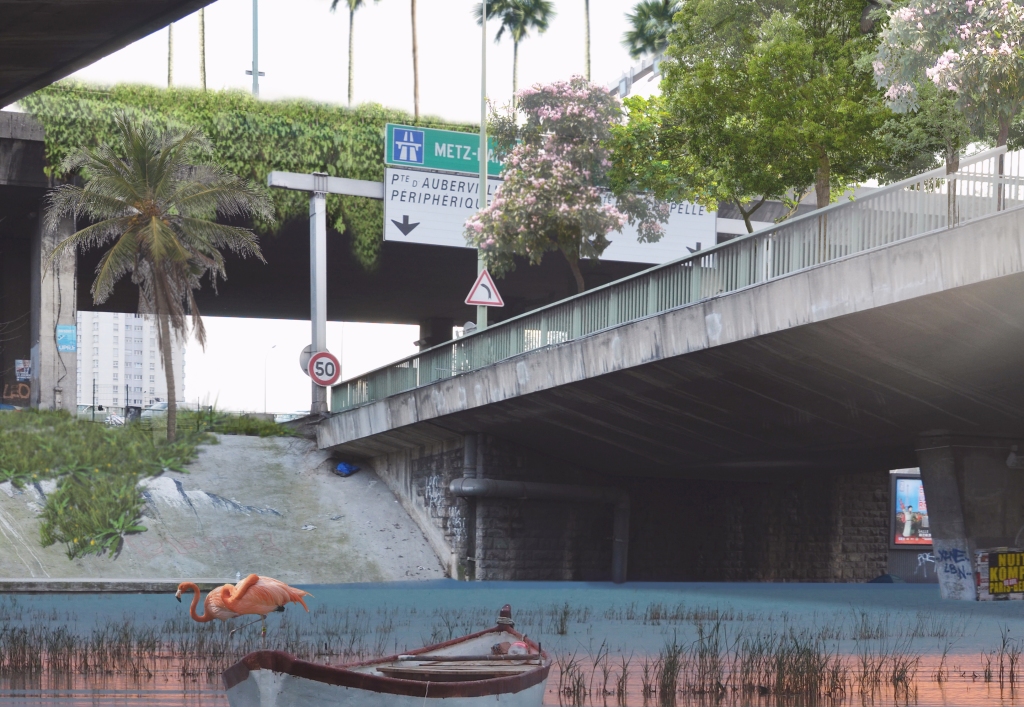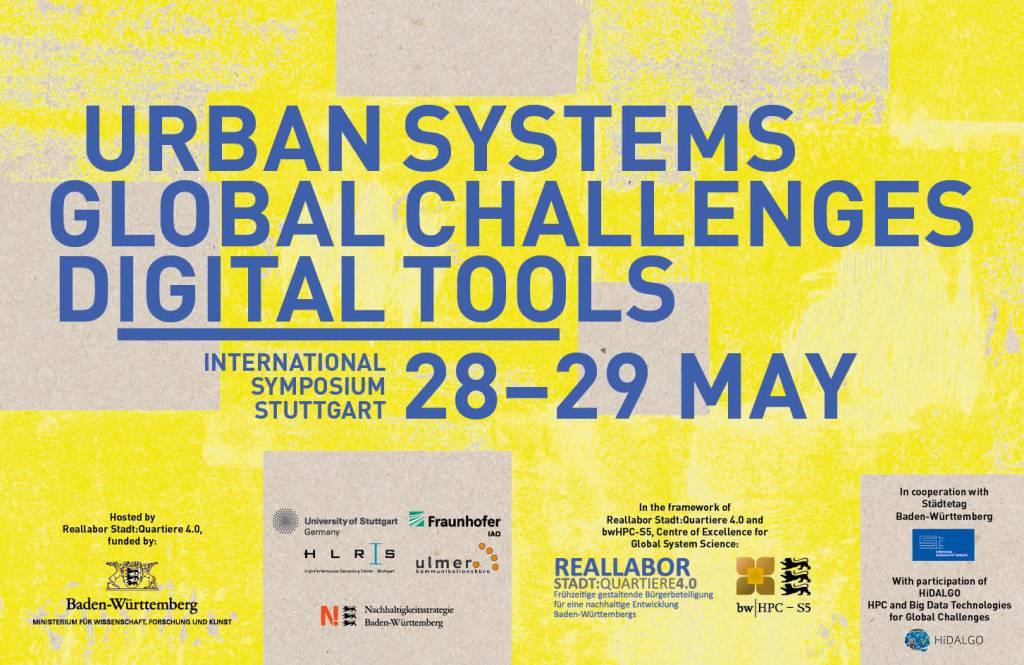Category: urbanism
-
GreenTwins project successfully completed

The GreenTwins large pilot project was completed with great success at the end of August. GreenTwins developed digital participatory tools and processes and a dynamic green layer for Tallinn’s digital twin. The applications and tools developed in the project are used, for example, by the City of Tallinn, the European Green Capital of 2023. To…
-
Supercomputing: Risk and Complexity in Planning

Can planning in Germany still keep up with its traditional instruments and tools in the current world of rapid change? There is great need for action in view of ever faster innovation cycles, global dynamics, conflicts and needs, which planning practice lags behind. Potential dangers are increased by extensive land consumption, resulting sealing, the conflict…
-
GreenTwins Tallinn and Helsinki: Digital Twins for more democratic, resilient and greener cities.

Green spaces in cities are of particular importance in the face of ongoing urbanisation and the anthropogenic climate change. Urban greenery affects the physical and mental health of citizens. It reduces the immediate effects of global warming such as heat islands and improves the thermal comfort of cities. In addition, plants have an impact on…
-
Urban Mobility and Placemaking: Using Digital Tools

Urban spaces are subject to constant change. Urban planning and its infrastructure are complex and characterised by different interests.In the framework of the research project CapeReviso, we are developing a tool for urban and transport planning in order to achieve an improved and more democratic basis for decisions. The planning- and decision-support tool is developed…
-
Recent Publications

We used the past months to publish some of our current research topics and results that deal with the effects and chances of the digital transformation, the transport and energy transition on urban and regional development. They all have the application of digital tools in common – for example digital twins – as well as…
-
Guest Lecture at TU Wien: The Post-Oil City: Case Studies and Strategies

Which strategies should we already pursue today in order to recognise the consequences of the transition to sustainable transport systems for our cities at an early stage and to make use of the opportunities for a sustainable, liveable, healthy city? In my lecture at TU Wien (Vienna University of Technology) I will present tools, paths…
-
The Digital Twin

At the eCAADe+SIGRaDi 2019 conference in Porto we presented the Digital Twin of a German small town – a prototype for future evidence-based planning and urban design including collaborative and participatory processes. For the built environment’s transformation we are confronted with complex dynamics connected to economic, ecologic and demographic change (Czerkauer-Yamu et al., 2013; Yamu, 2014).…
-
Publication: Shaping Urban Change using Digital Tools

Digital tools offer great potential for cities and municipalities for developing and planning habitats geared towards actual peoples needs. The project Reallabor Stadt:Quartiere 4.0 (Living Labs Urban:Quarters 4.0) focussed on the impacts of the digital transformation on urban habitats and how digital instruments can be implemented in planning and decision processes. The new publication “Wandel…
-
Digital Twin, Virtual Reality and Space Syntax

Civic Engagement and Decision Support for Smart, Sustainable Cities. Fabian Dembski, Uwe Wössner, Claudia Yamu Abstract: This paper presents the development of a Digital Twin in Virtual Reality (VR) for civic engagement in urban planning. Herein used approach enables to empower citizens in a novel way using digital, emerging technologies. Until now Digital Twins have…
-
Symposium 28–29 May: Urban Systems / Global Challenges / Digital Tools

Large-scale digitalization throughout different sectors of society and the economy serves as one of the major disruptive technological trends of our time. In addition to the digital transformation, we must better understand and shape technology’s role in our personal and working lives. Indeed, how these digital transformations impact cities and urban life is still not…
